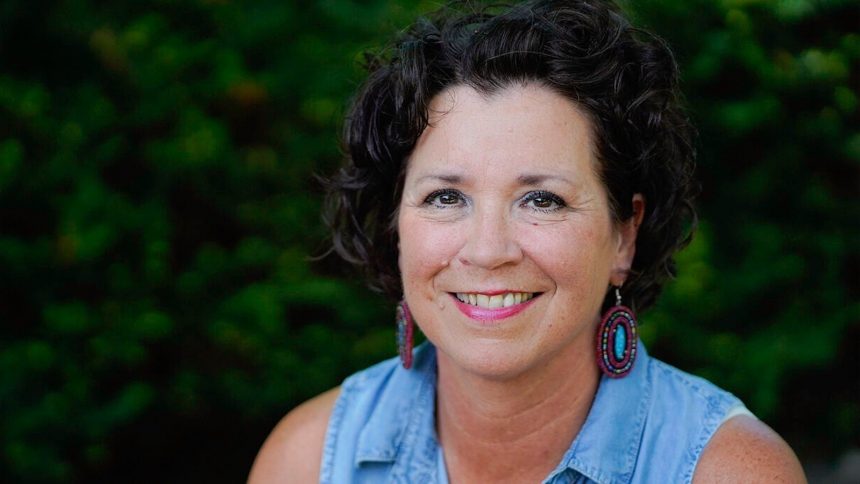As a child, Mary Kunesh witnessed her father’s dedication to providing legal aid to tribal nations in northern Minnesota. She also learned about her family’s history, which included strong Lakota women like her aunt Josephine Gates Kelly, a trailblazer as the first tribal chair of the Standing Rock Sioux Tribe.
Growing up, Kunesh understood the troubling history of how Native people were forced from their lands and then faced broken promises of housing, education, and economic opportunities. She saw how settlers altered the environment by destroying forests, eradicating buffalo, and displacing Indigenous communities through dam construction.
As an adult, Kunesh realized that many non-native individuals accepted reservations without fully understanding how tribal nations came to be there. Now, as the first Native woman in the Minnesota state Senate, Kunesh is dedicated to reclaiming sacred lands for tribal communities. She has successfully authored legislation returning land to the Upper Sioux and Mille Lacs Band of the Ojibwe, and is working on bills to return more land to the White Earth Nation and Red Lake Nation.
Despite facing opposition and setbacks, Kunesh remains determined to uphold the legal rights of tribes to their lands and continue advocating for their return. She believes that the stewardship of these lands by Indigenous peoples is crucial for environmental conservation and maintaining the balance that existed before colonization disrupted it.
In a recent interview, Kunesh emphasized the importance of non-Indigenous allies in the landback movement. She highlighted the support from various organizations and individuals who recognize the injustices faced by Indigenous communities and actively work towards reconciliation and restitution.
When asked about advice for other Indigenous advocates, Kunesh stressed the importance of getting involved in local decision-making processes. She encouraged Indigenous individuals to step up and take on leadership roles in their communities to drive positive change and create a more inclusive and equitable society.





